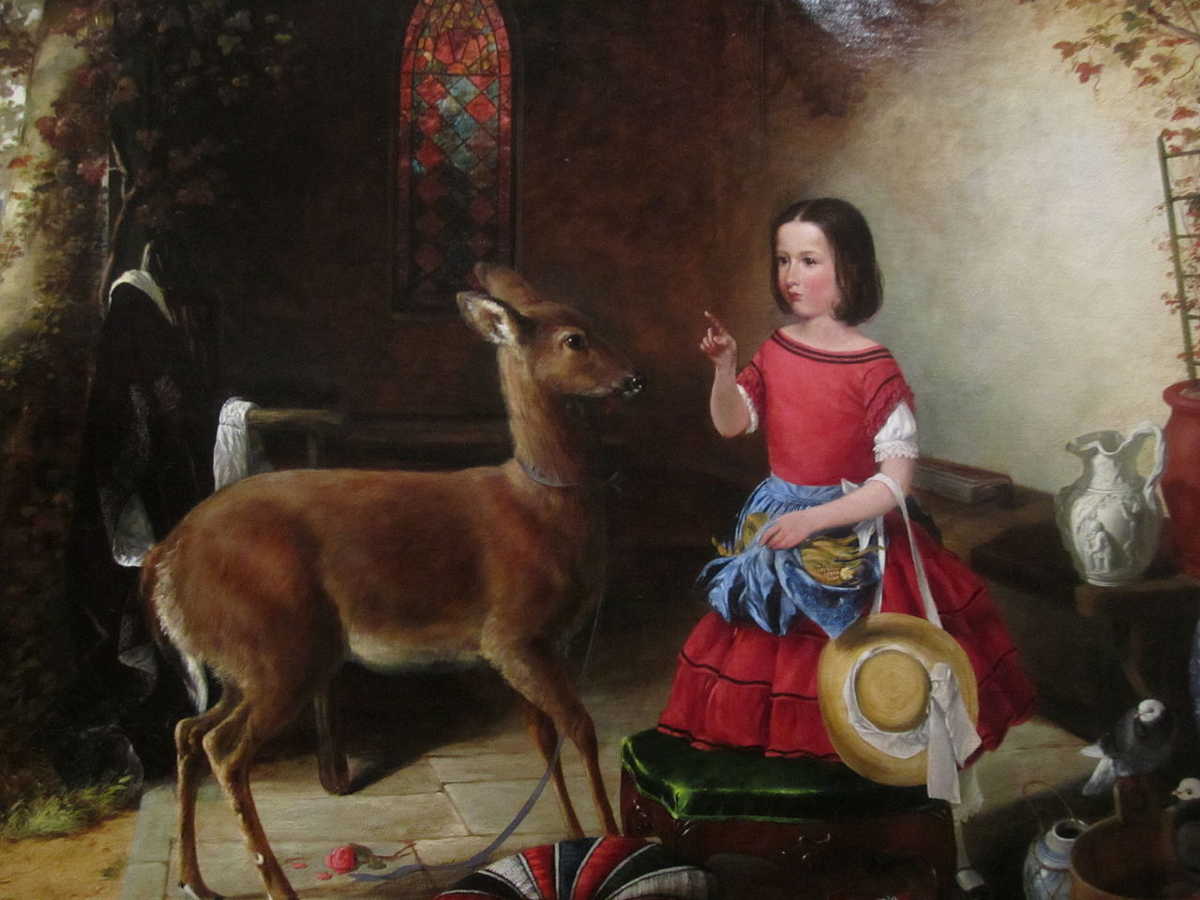
forflitten
adj. severely scolded

forflitten
adj. severely scolded
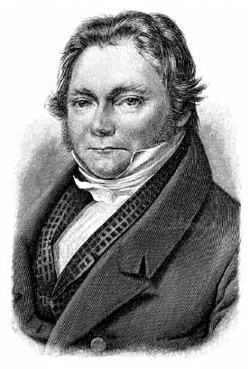
cacodoxy
n. wrong opinion or doctrine
agnition
n. a recognition, an acknowledgement
veriloquous
adj. speaking the truth
Chlorine was at first thought to be an oxide obtained from hydrochloric acid, then known as muriatic acid, and was hence called oxymuriatic acid.
In 1810 Sir Humphry Davy realized that it’s an element and proposed the name chlorine, meaning green-yellow. Swedish chemist Jacob Berzelius resisted this at first but revealed his change of heart unexpectedly one day, as overheard by his colleague Friedrich Wöhler:
One day Anna Sundström, who was cleaning a vessel at the tub, remarked that it smelt strongly of oxymuriatic acid. Wöhler’s earlier surprise sublimed into astonishment when he heard Berzelius correct her, in words that have since become historic: ‘Hark thou, Anna, thou mayest now speak no more of oxymuriatic acid; but must say chlorine: that is better.’
[Hör’ Anna, Du darfst nun nicht mehr sagen oxydirte Salzsäure, sondern musst sagen Chlor, das ist besser.]
In Humour and Humanism in Chemistry, John Read writes, “These words, issuing from the mouth of the great chemical lawgiver of the age, sealed the fate of oxymuriatic acid.”
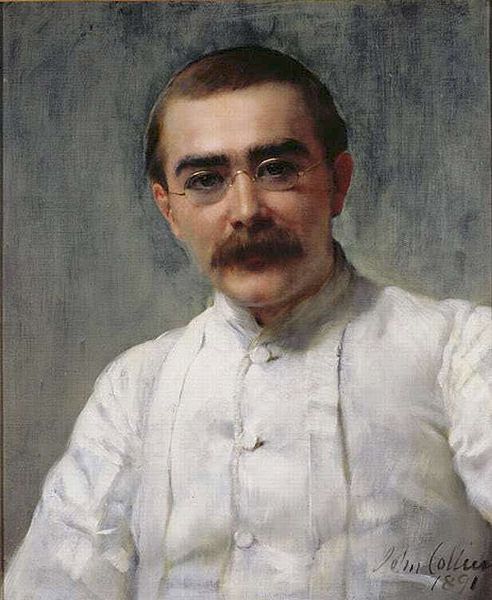
perlegate
v. to read through (a text)
incondite
adj. consisting of parts which are ill composed
dehort
v. to advise against strongly
atrament
n. ink
Your last letter was a beauty as far as its length but it was vilely spelt. I don’t think I have ever seen quite so many mistakes in so few lines. Howe wood you lick it if I rote you a leter al ful of mispeld wurds? I no yu know kwite well howe to spel onli yu wonte taik the trubble to thinck!
— Rudyard Kipling to his son, John, at boarding school, Oct. 6, 1908
altivolant
adj. high-flying
aspectable
adj. capable of being seen, visible
terriculament
n. a source of fear
John Lithgow’s eyes pop out of his head momentarily at the climax of “Nightmare at 20,000 Feet,” the final segment in Twilight Zone: The Movie (1983). In the segment, a remake of the famous television episode from 1963, Lithgow plays a nervous air passenger who discovers a gremlin on the wing of his plane. At the moment when he lifts the shade, the edit shows the monster for 17 frames, then Lithgow’s face for 10 frames, then the monster for 42 frames, and then a 5-frame shot of Lithgow’s head incorporating the eye-popping effect.
Of these 5 frames, the first three show a wild-eyed Lithgow, the fourth shows bulging eyes, and the fifth is shown below. “This 5-frame sequence is on the screen for 1/5 second, but the most distorted image is only visible for 1/24 second,” writes William Poundstone in Bigger Secrets. “Blink at the wrong time, and you miss it. But if you watch the shot carefully at normal speed, the sequence is detectable. Lithgow’s eyes seem to inflate with an accelerated, cartoon-like quality.”
Here’s the frame:
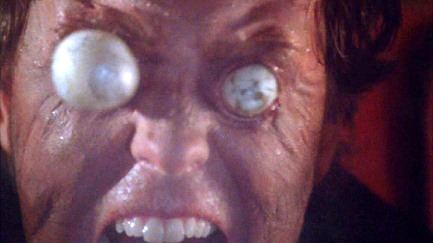
synodite
n. a traveling companion
dépaysé
adj. removed from one’s usual surroundings
credenda
n. things to be believed; matters of faith
David Livingstone reaches the Atlantic, May 31, 1854:
The plains adjacent to Loanda are somewhat elevated and comparatively sterile. On coming across these we first beheld the sea: my companions looked upon the boundless ocean with awe. On describing their feelings afterwards, they remarked that ‘we marched along with our father, believing that what the ancients had always told us was true, that the world has no end; but all at once the world said to us, “I am finished; there is no more of me!”‘ They had always imagined that the world was one extended plain without limit.
(From his Missionary Travels and Researches in South Africa, 1857.)
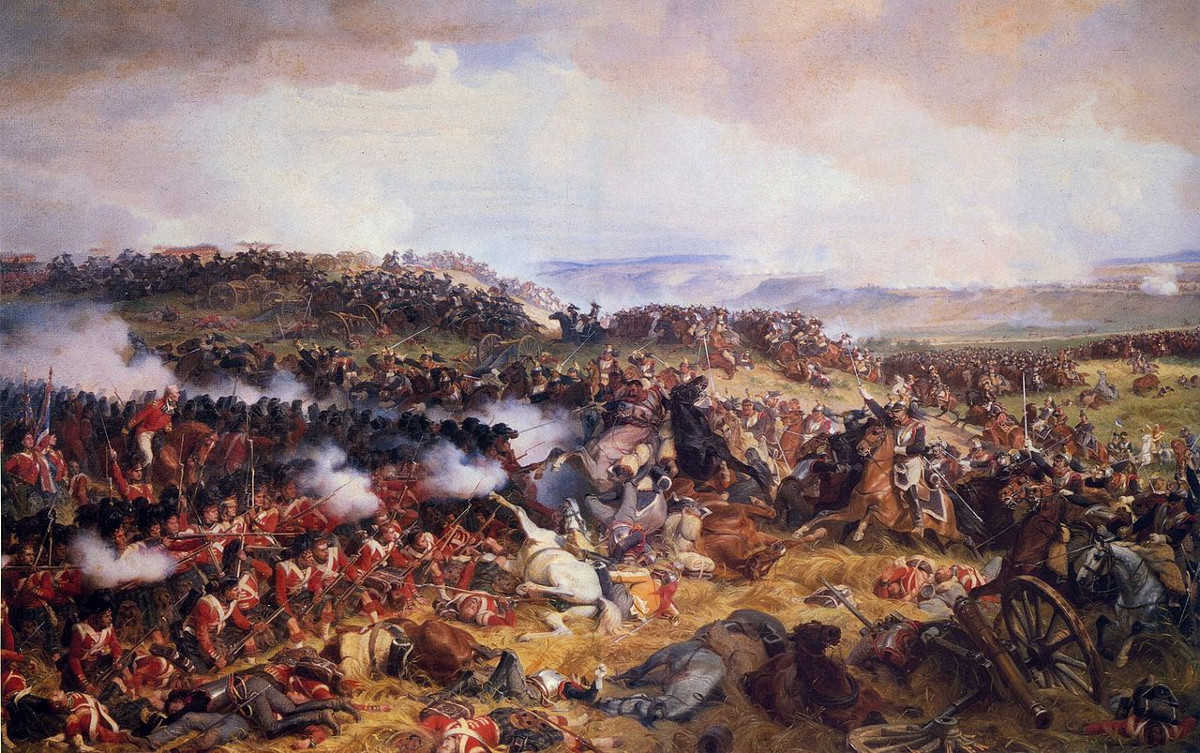
tenue
n. bearing, deportment
ogganition
n. snarling
A peculiar detail from the Battle of Waterloo:
As the day wore on, the French cavalry became more and more desperate, and charged repeatedly with fierce gesticulations, which became more pronounced as they were so continuously repelled. These peculiar looks and gestures of the French became so marked that when the colonel, Fielding Browne, gave the familiar order, ‘Prepare for cavalry,’ the officers would thunder out the order, and add, ‘Now, men, make faces!’
(“The Prince of Wales’s Volunteers,” Navy & Army Illustrated, Feb. 4, 1899.)
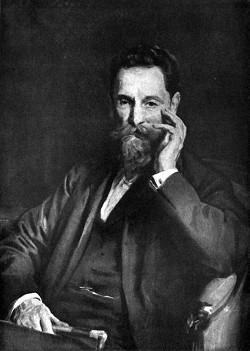
oppugn
v. to attack or oppose with words
dyslogistic
adj. expressing disapprobation
digladiation
n. verbal contention
Joseph Pulitzer, of the New York World, who is referred to by Mr. Mencken as a great master of profanity in three languages, is credited with the intensified term ‘Don’t be so indegoddampendent.’ Certainly the phrase was common parlance on Park Row in my own repertorial days. Mr. Mencken adds the retort of managing editor Coates to that charge, ‘I’m under no obligoddamgation to do that and I won’t!’
— Burges Johnson, The Lost Art of Profanity, 1948
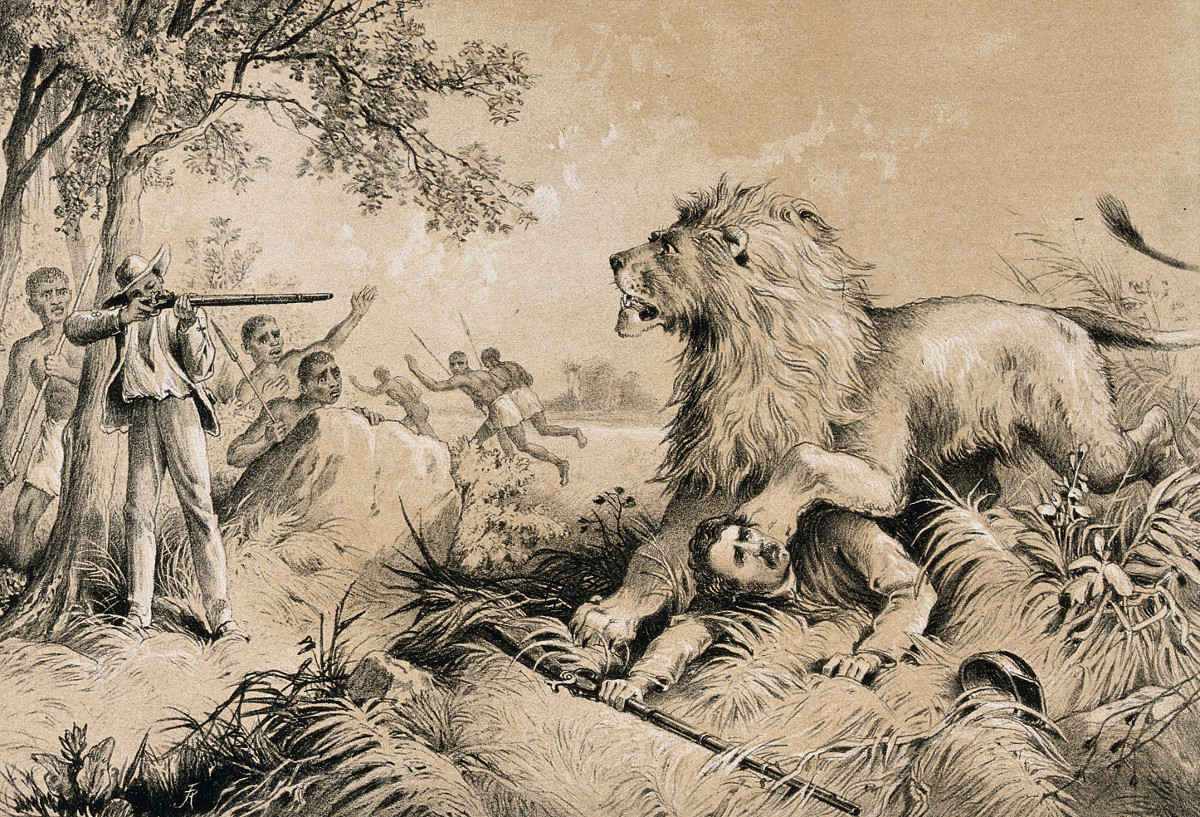
succussion
n. violent shaking
squassation
n. a severe shaking
A lion attacks David Livingstone, 1843:
Starting, and looking half round, I saw the lion just in the act of springing upon me. I was upon a little height; he caught my shoulder as he sprang, and we both came to the ground below together. Growling horribly close to my ear, he shook me as a terrier dog does a rat. The shock produces a stupor similar to that which seems to be felt by a mouse after the first shake of the cat. It caused a sort of dreaminess, in which there was no sense of pain nor feeling of terror, though quite conscious of all that was happening. It was like what patients partially under the influence of chloroform describe, who see all the operation, but feel not the knife. This singular condition was not the result of any mental process. The shake annihilated fear, and allowed no sense of horror in looking round at the beast. This peculiar state is probably produced in all animals killed by carnivora; and if so, is a merciful provision by our benevolent Creator for lessening the pain of death.
The lion left him to attack his companions, who eventually dispatched it. Livingstone could never afterward raise his left arm above his shoulder; when asked by a group of sympathetic friends what he had been thinking during the attack, he said, “I was thinking, with a feeling of disinterested curiosity, which part of me the lion would eat first.”
concentus
n. a harmonious combination, especially of sounds
catachthonian
adj. subterranean
Reverberating harmonies in Ambleside Cave, Cumbria:

syntomy
n. brevity, conciseness
First published in January 1981, NASA Reference Publication 1059, “Space Transportation System and Associated Payloads: Glossary, Acronyms, and Abbreviations,” is a list of “compressed identifiers of systems or structures felt too long and cumbersome to be christened in the normal fashion.”
Among the entries are BX, for box, FLG, for flag, and FLP, for flap.
In Words (1983), Paul Dickson writes, “One is hard-pressed to think of a situation in which an abbreviation that saves only one letter actually saves time and causes less confusion.”